Automotive logistics refers to the storage and distribution of automotive parts across the supply chain.
It involves overseeing the management of automotive components, large and small, that require fast and effective delivery to reduce downtime in automotive assembly, maintenance, and repairs.
What is the importance of automotive logistics?
The automotive logistics industry relies solely on the effective supply chain management of vehicle components to reduce costs, increase efficiency, and provide timely delivery to achieve customer satisfaction.
From manufacturers and suppliers to distributors and dealers, each is responsible for the effective coordination to ensure a smooth flow of parts across the supply chain.
What is the process of automotive logistics?
While the overall process of automotive logistics can be highly complex, it follows the basic principles of supply chain management. This includes:
Inventory management
This help to keep check of stock levels of automotive parts, using a specific system designed to meet production demands and avoid any excessive storage costs. Its an effective approach to ensuring there are no unnecessary delays or shortages along the way.
Component procurement
Should there not be enough stock or specific parts are needed, this is where component procurement is introduced. It refers to the sourcing of automotive components or the raw materials needed to make them.
Production and assembly
This refers to the movement of parts along the assembly line, both finished and partly finished components, that are in production or are being assembled. The key aspect here is to reduce as much waste as possible whilst working as fast and efficiently as possible.
Quality control
This stage of the process is crucial when ensuring that any incoming or outgoing parts are up to quality and satisfaction, as it thoroughly checks each component during every stage of the production and assembly process. Any defects or issues are identified here, helping to rectify any issues in advance and prevents any potential recalls that could be costly.
Transportation
This refers to the movements of goods through transportation, from manufacturers or warehouses to dealerships or customers. Handling, loading, transit risk management, route planning and anticipating any delays are the stages involved here, including the best mode of transportation. This can include rail, road, air or ship.
Reverse logistics
Reverse logistics is simply the process of returns. This could be due to any defective or unwanted components that are returned back to the manufacturer or supplier.
Just as the process of automotive logistics is complex, as is the reverse process. This is due to some components being costly to manufacture, particularly if they are made bespoke for certain vehicles.
Why choose Lesters Logistics?
Here at Lesters, we are experts in providing logistics and transport. If you’re looking for a reliable and efficient automotive transport company, get in touch with our helpful team today.

